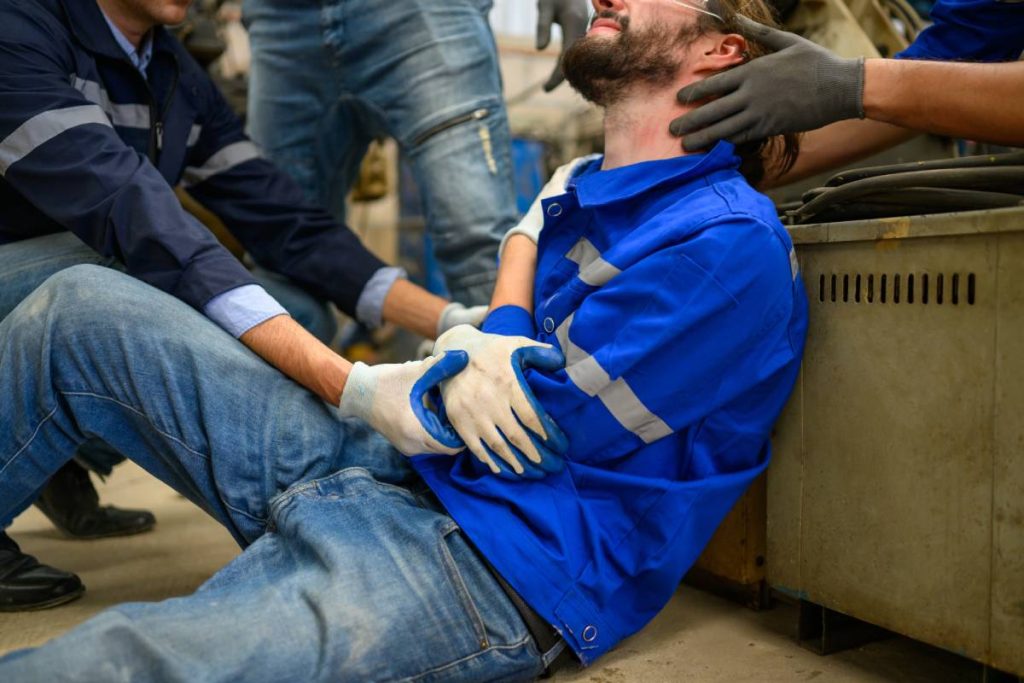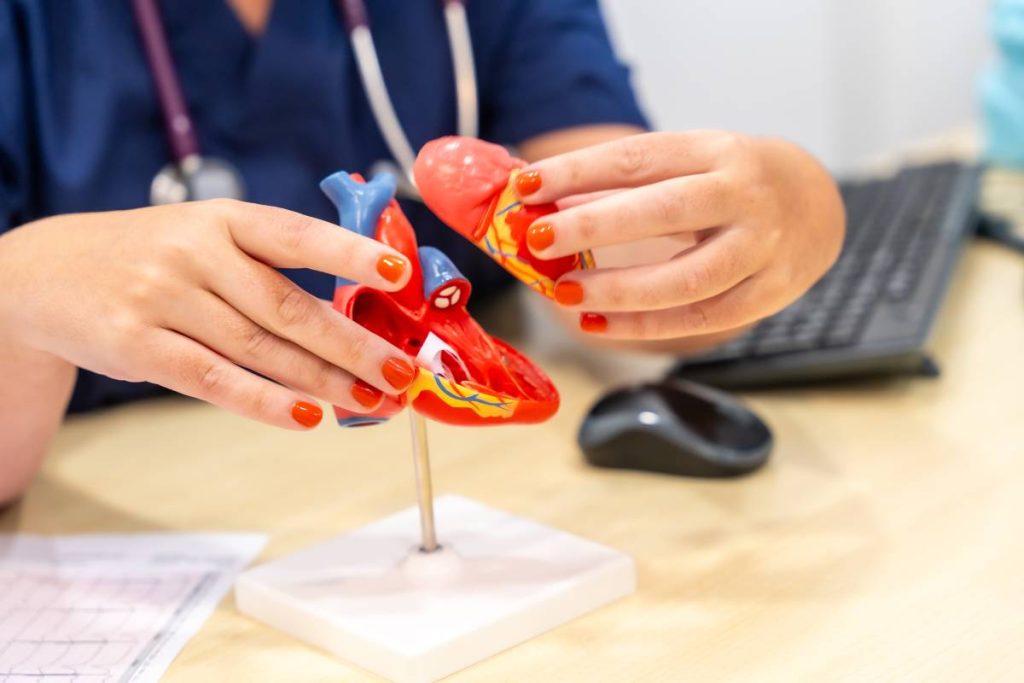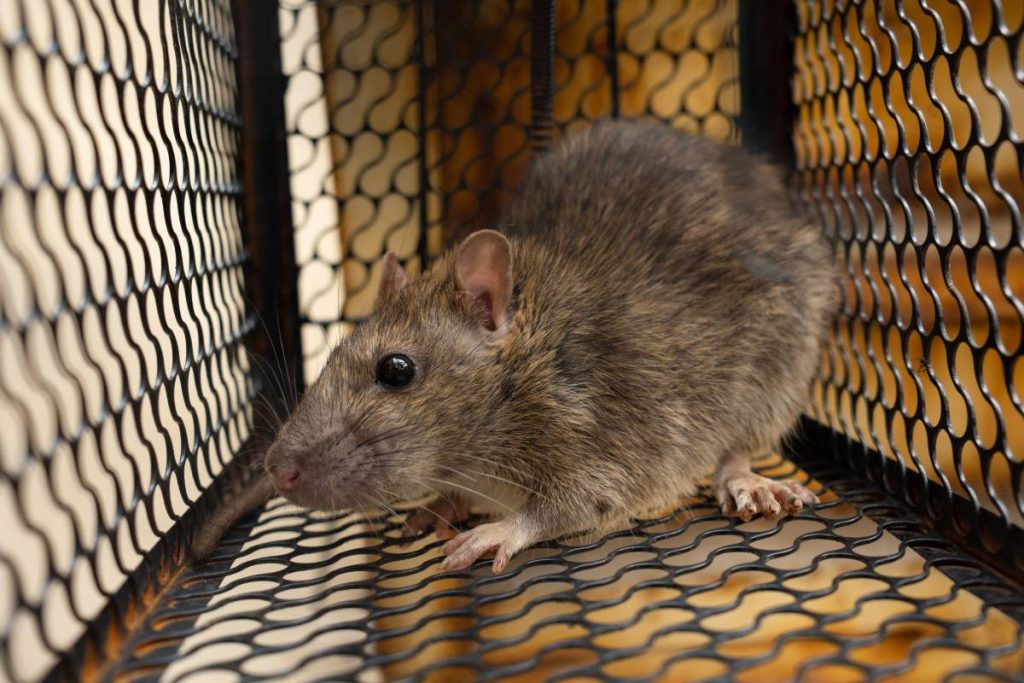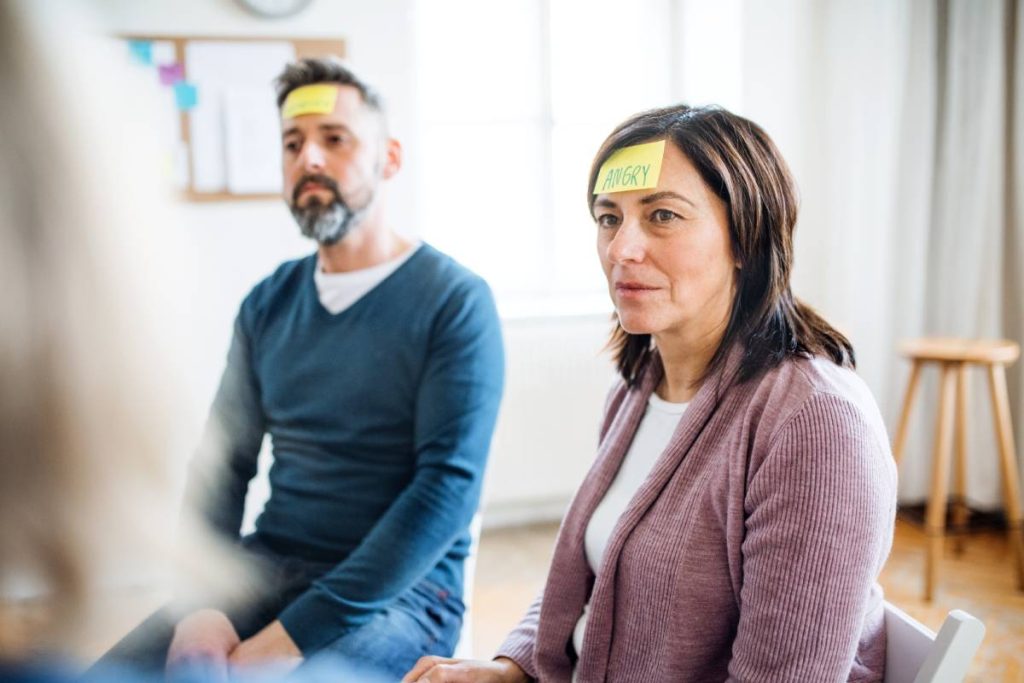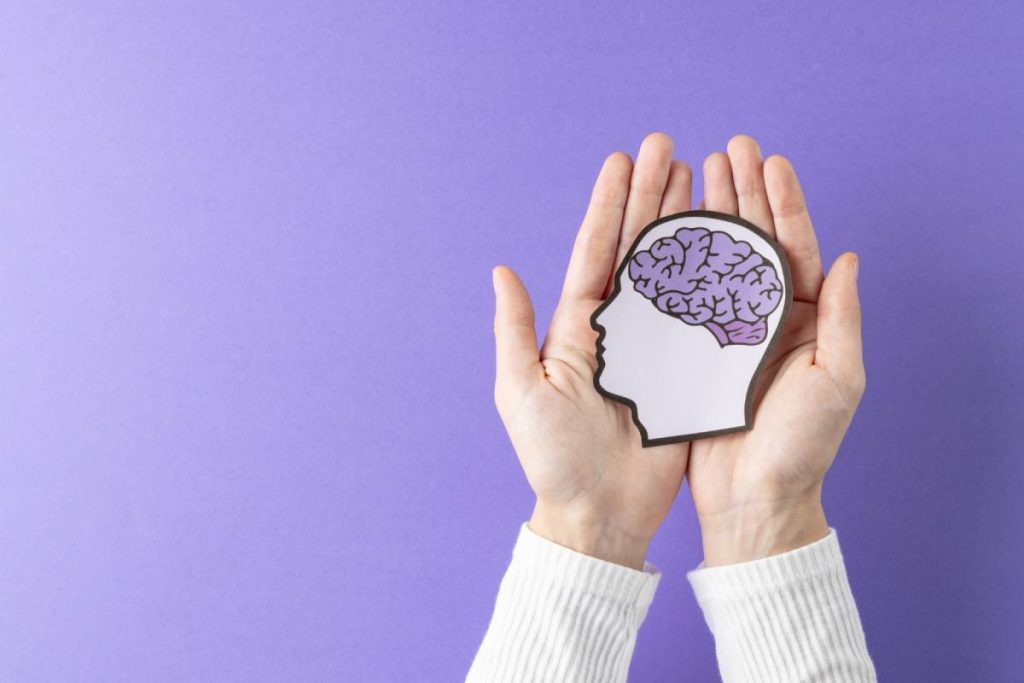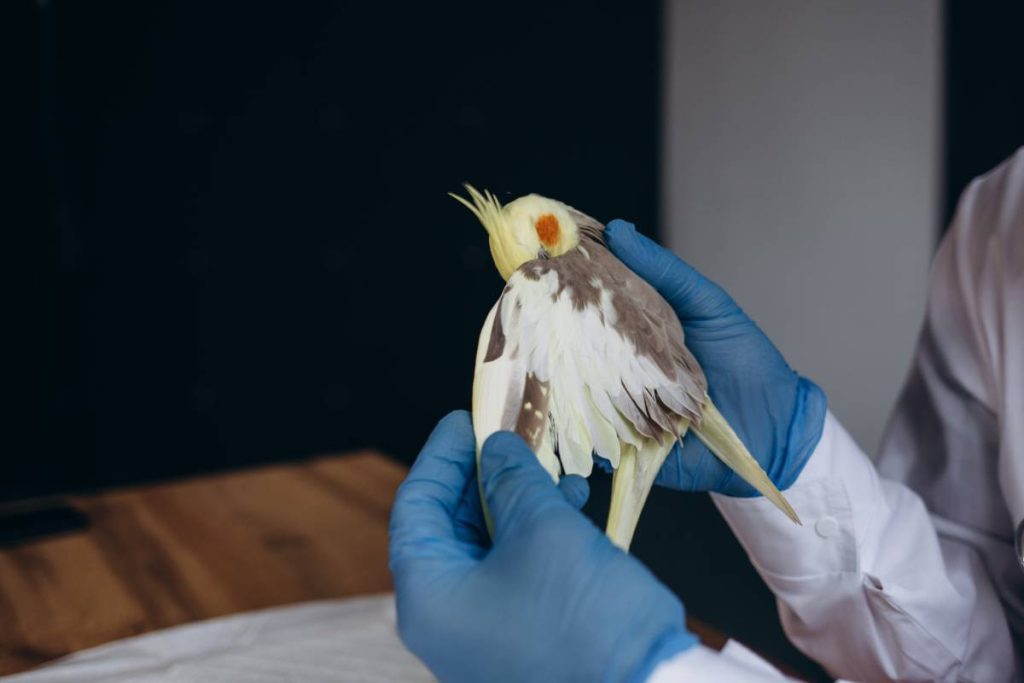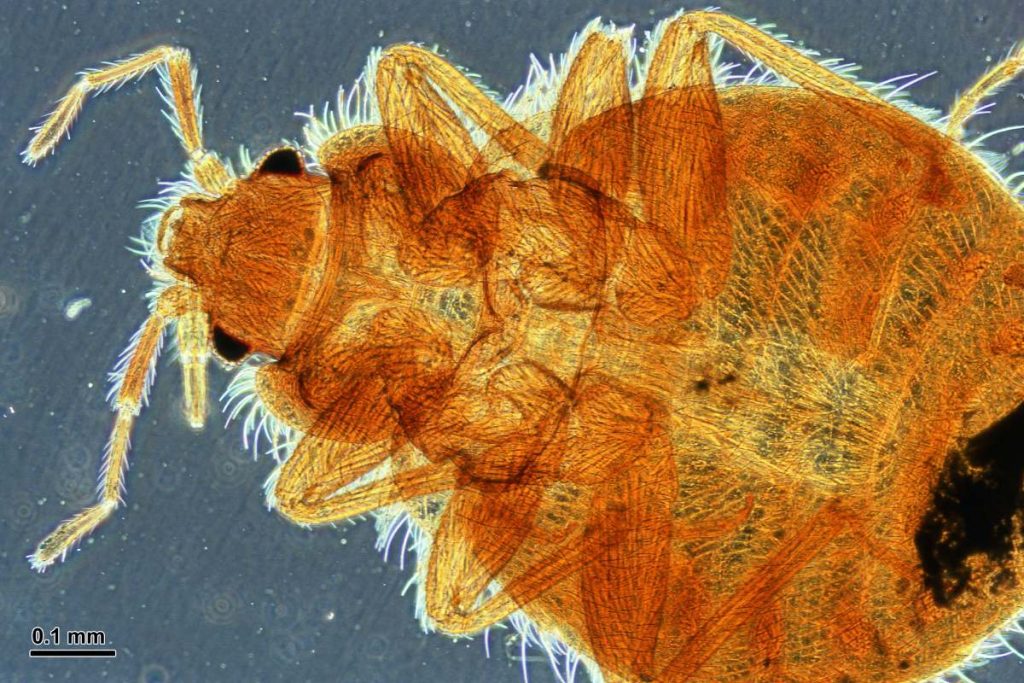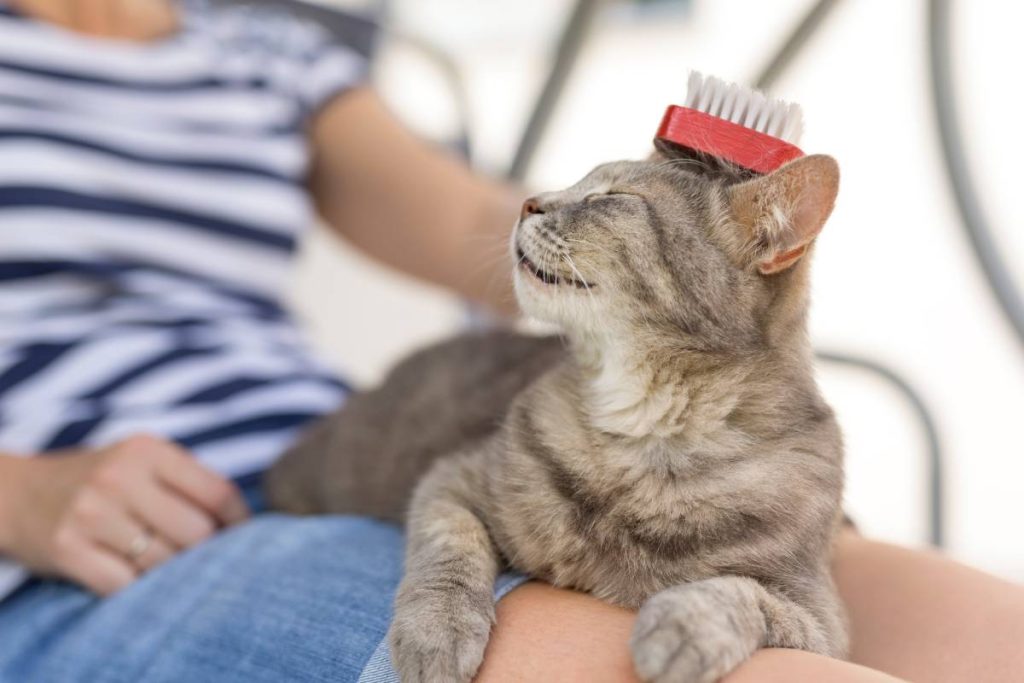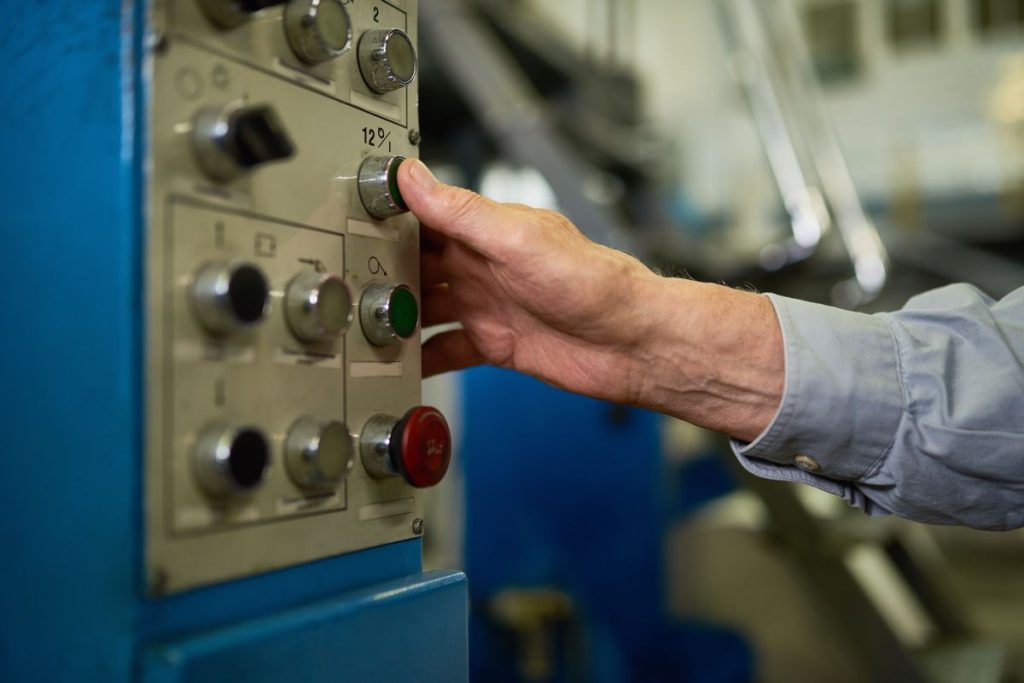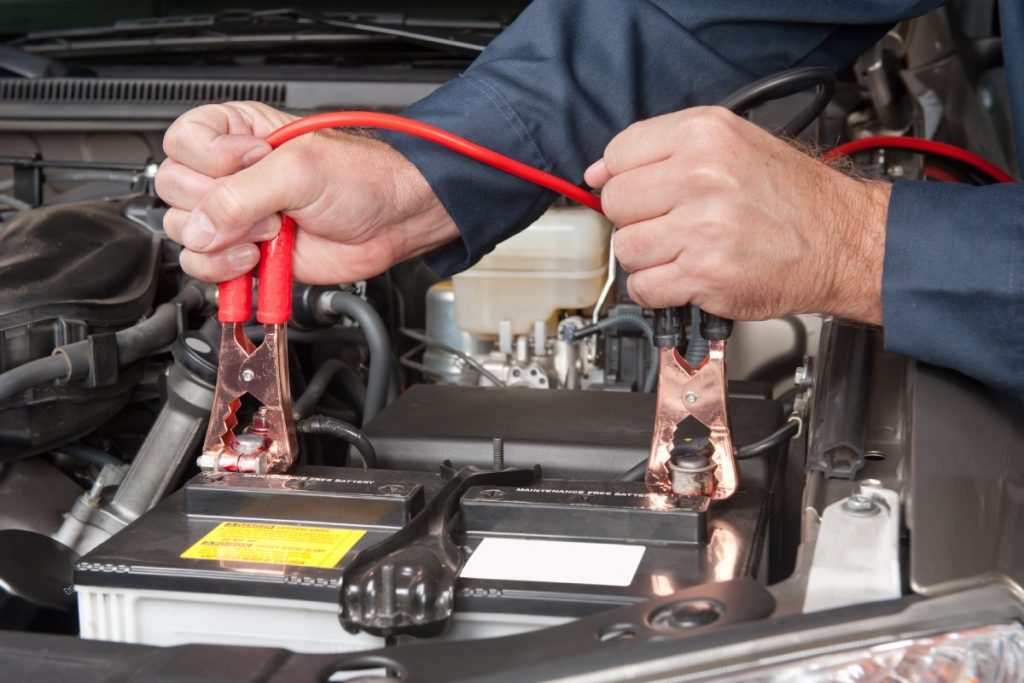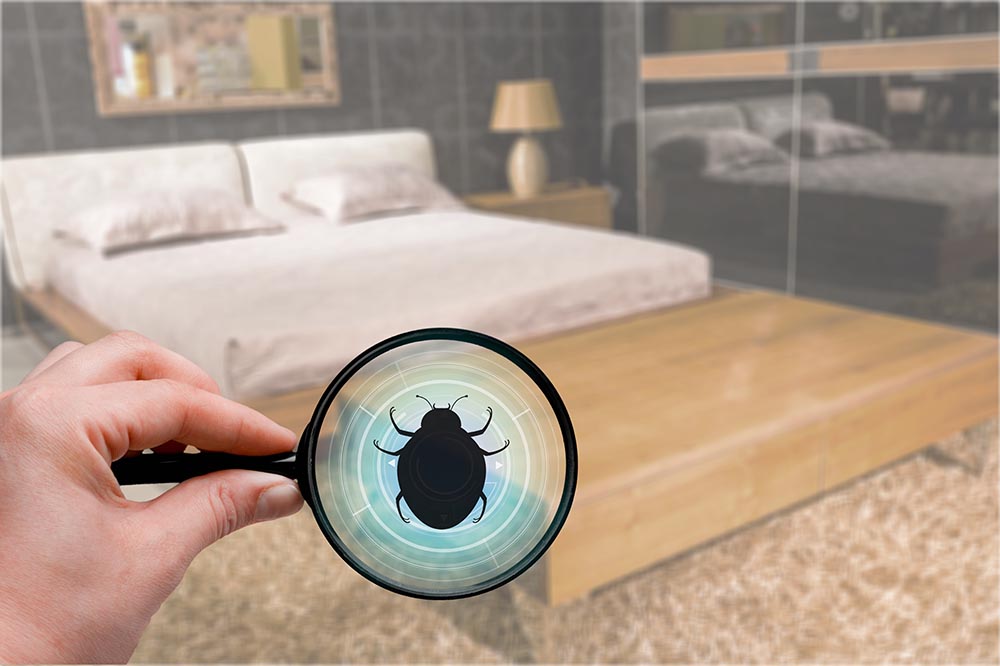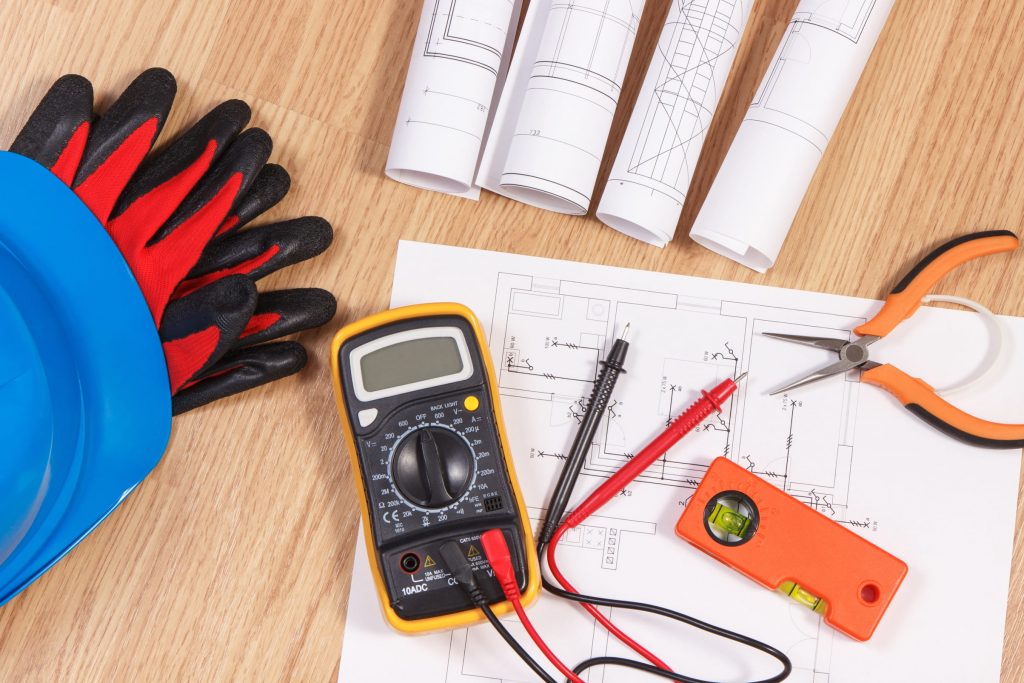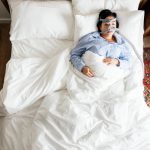Andropause : Managing the Mental and Emotional Effects of Andropause

Andropause, often called “male menopause,” is a natural phase in a man’s life that marks the gradual decline in testosterone levels, typically beginning in middle age. While menopause in women is well known, andropause often goes unnoticed or is misunderstood.
This hormonal shift can significantly impact a man’s mental and emotional well-being, leading to a range of psychological symptoms such as depression, anxiety, irritability, and cognitive decline.
In this article, we will explore how andropause affects mental and emotional health, identify common symptoms, and provide practical strategies to cope with this life transition. By understanding these changes and implementing effective coping mechanisms, men can better manage and navigate this challenging phase of life.
What Is Andropause?
Andropause refers to a period in a man’s life when testosterone levels begin to decline, typically around middle age.
Unlike menopause in women, which involves a clear and dramatic stop to hormone production, andropause is a more gradual process.
Testosterone, the primary male sex hormone, plays a key role in various bodily functions, including muscle mass, bone density, sexual drive, mood regulation, and cognitive function.
As testosterone levels fall, men may begin to experience a variety of physical and emotional symptoms, affecting both their mental and physical health.
The Mental Effects of Andropause
The decline in testosterone levels can lead to significant changes in a man’s mental health. These effects can be challenging to recognize as many of the symptoms may overlap with other conditions or simply be attributed to the aging process. Here are some of the most common mental effects of andropause:
Depression:
A decrease in testosterone levels may lead to feelings of sadness, hopelessness, or a lack of motivation, affecting mood regulation and neurotransmitters in the brain, resulting in depression.
Anxiety:
Hormonal changes can trigger anxiety about health, aging, and life circumstances. Anxiety may stem from the fear of losing physical vitality, strength, and masculinity, which are closely tied to testosterone levels.
Irritability and Mood Swings:
Fluctuating testosterone levels can lead to mood swings, such as irritability, frustration, or anger, causing emotional instability due to disruptions in mood-regulating chemicals in the brain.
Cognitive Decline:
A drop in testosterone levels can cause issues with concentration, memory, and mental clarity, making it harder to focus or recall information, which may lead to feelings of inadequacy or low self-esteem.
Decreased Motivation and Fatigue:
Reduced testosterone levels can result in fatigue and lower energy levels, leading to decreased motivation and difficulty engaging in daily activities, causing frustration and dissatisfaction.
Emotional Symptoms of Andropause
In addition to mental effects, andropause can significantly impact a man’s emotional well-being.
These emotional symptoms can be distressing, particularly since they are often associated with significant changes in life, such as aging or relationship dynamics. Here are some of the emotional symptoms that may arise during andropause:
Loss of Self-Esteem:
A drop in testosterone can lead to feelings of lower confidence and reduced masculinity, particularly in areas like sexual performance and physical strength, causing frustration and a diminished sense of self-worth.
Grief and Loneliness:
As men age, they may feel grief and loneliness due to changes in their physical and sexual activity, compounded by losses of loved ones or social isolation, which can intensify during andropause.
Relationship Strain:
Emotional symptoms like decreased libido, erectile dysfunction, and mood changes can strain relationships, causing misunderstandings, frustration, and emotional distance with partners.
Fear of Aging:
Men may experience fear of aging, becoming more aware of their mortality and unachieved goals, which can lead to emotional distress, instability, and worry about the future.
Coping with Andropause: Strategies for Mental and Emotional Well-Being
While the mental and emotional effects of andropause can be challenging, there are several ways to cope and manage these symptoms effectively. Here are some strategies that can help men navigate this phase of life:
- Seek Professional Support: If andropause symptoms become overwhelming, consulting a healthcare provider, therapist, or counselor can help manage depression, anxiety, and emotional instability. Hormone replacement therapy (HRT) may also be suggested.
- Exercise Regularly: Regular physical activity, such as walking, swimming, or strength training, helps boost energy, improve mood, and maintain muscle mass while alleviating depression and anxiety.
- Improve Sleep Hygiene: Prioritize quality sleep by establishing a routine, avoiding caffeine, and creating a relaxing environment to support mental clarity and emotional balance. Sleep apnea may need medical attention for proper management.
- Focus on Nutrition: A healthy diet rich in vitamins, minerals, and healthy fats supports hormone production and mood, while reducing alcohol and sugar helps mitigate symptoms.
- Cultivate Strong Social Connections: Maintaining social ties with family and friends can reduce loneliness, improve self-esteem, and provide emotional support.
- Practice Stress-Reduction Techniques: Techniques like yoga, meditation, and mindfulness can alleviate stress, improve mood, and promote emotional well-being.
Conclusion:
Andropause is a natural part of aging, but it can have significant mental and emotional effects on men.
Understanding the symptoms of andropause and developing coping strategies can help men navigate this phase of life with greater ease.
By seeking professional support, maintaining a healthy lifestyle, and focusing on emotional well-being, men can successfully manage the challenges of andropause and continue to lead fulfilling and active lives.

 English
English 








